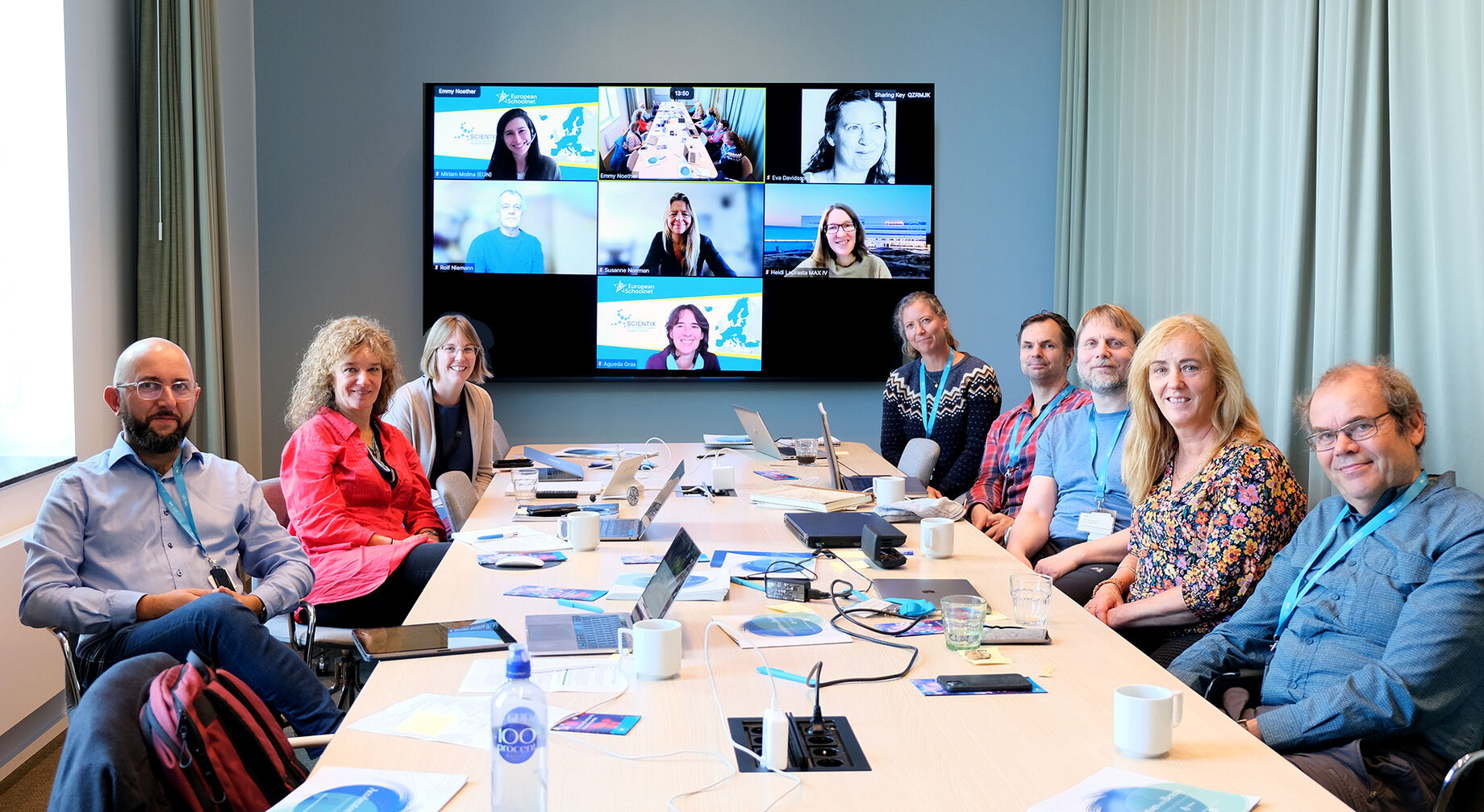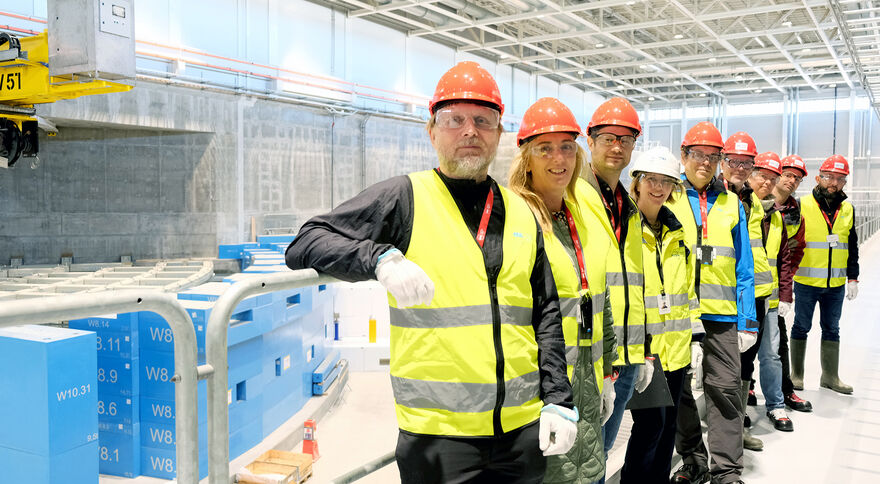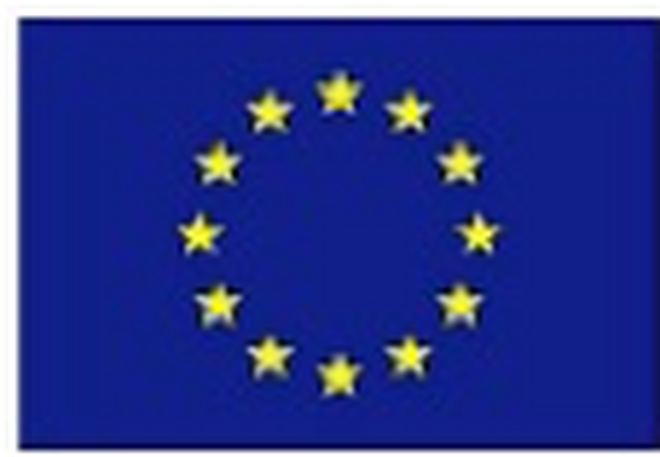
ESS is part of a consortium that received an ERASMUS+ grant for a project called “Accelerating Teaching – approaching particle accelerators and new scientific research through online professional development”.
The project's kick-off meeting has been held at ESS this week, 19 & 20 October, with education partners from EU SchoolsNet, Malmö University, Copenhagen University, Lund University including MAX IV and Vattenhallen, Experimentarium science centre in Copenhagen taking part - either in person or online. Associate partners from CERN and Liverpool University joined remotely.
Jo Lewis, Officer for Public Engagement, and project lead for Accelerating Teaching, at ESS stated “We look forward to putting ESS on the map for science teachers across Europe. As well as providing a real-life context for the science they learn in schools, Europe’s leading large research facilities can play a critical role in addressing issues that young people are interested in, such as energy and health."
The aim of the project is to enhance the relevance of science for students by reaching out to science teachers in the EU and offering free digital online teaching and learning resources, relating to state-of-the-art research facilities and the science that comes out of them, and will be offered via a Massive Open Online Course (MOOC). It will bring together different players to create a joint resource for science teachers, so that the project benefits from the expert knowledge found at particle accelerators, within science education research, teacher practice in classrooms, and science and technology centres, as well as online professional development courses.
The primary aspect of the project will be to construct the online resource, but it will also evaluate and explore teachers’ experiences from the course, as well as from their use in classroom and non-classroom settings. The project builds on an existing set of summer schools and MOOC, also funded by an ERASMUS funding back in 2015, called Nordic Particle Accelerator Program (NPAP).
The project will select the most relevant parts of the MOOC and repackage it to make it accessible and suitable for teachers of secondary science across Europe, by:
- Incorporating the most relevant content into a new MOOC hosted on the EU School Net platform for European Science teachers (see an example here)
- Collating high quality classroom materials that those teachers can use to gain up-to-date knowledge of particle accelerators, in order to provide context to teaching in key curriculum areas
- Developing at least one new activity that can be used in classrooms or science centre settings by educators to inspire young people regarding Europe’s big science facilities
Feedback from the European Commission and UHR has been very positive: “The project is very innovative and could really give a positive impact on science teachers, and particularly to the teachers in physics’ ability, to teach about modern and more complex physics. To teach and learn more about the importance of ESS, MAX IV and CERN in an educational setting, both for students/pupils but also for teachers, through in-service training as well as in teachers’ education and training higher education, is most relevant and important. This project is most pertinent from a European perspective, and combines the further development of teaching in physics with focus on particle accelerators and new scientific research through online professional development.”
Main image: Pictured left to right, including those joining remotely: Lukasz Michalak, Lund University and Swedish National Resource Centre for Physics; Christine Darve and Jo Lewis, ESS; Rolf Niemann, Vattenhallen science centre; Miriam Molina, EU SchoolNet; Susanne Norrman, Lund University; Heidi La Grasta, MAX IV; Eva Davidsson, Malmö University; Jesper Bruun, Copenhagen University Science Education Department; Kim Lefmann, Niels Bohr Institute; & Sheena Laursen and Poul Kattler, Experimentarium Science Centre
The work presented here has received funding from the European Union through the Accelerating Teaching project. The content of the document is the sole responsibility of the authors, and it does not represent the opinion of the European Commission (EC), and the neither is the EC responsible for any use that might be made of information contained.


























